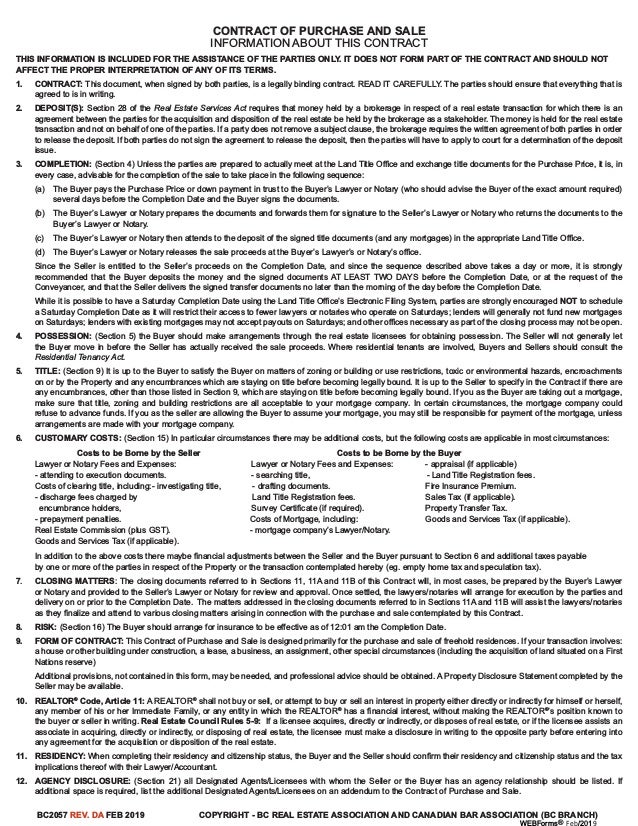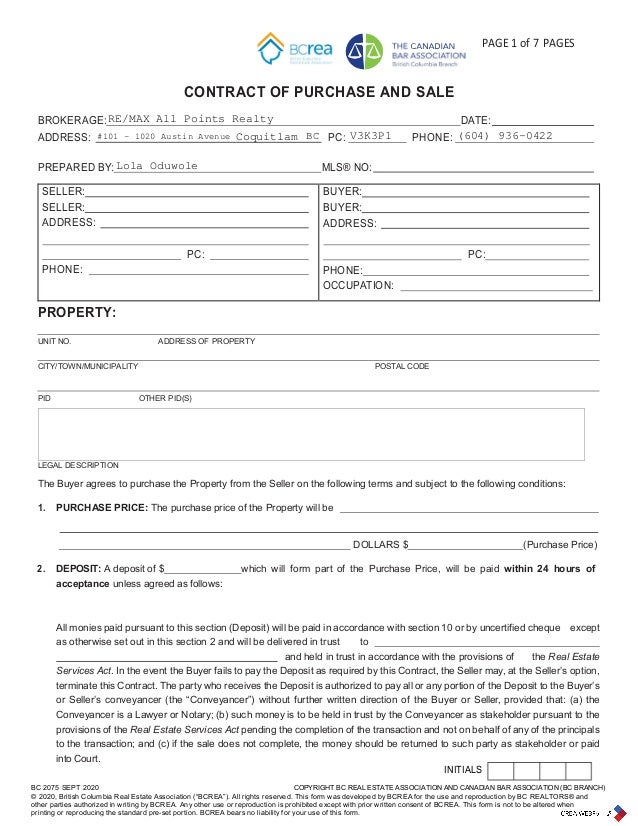
A firm offer is one that has no conditions attached. (See Below). A firm offer is common in a hot market. With all other things being equal, a seller is more likely to accept the unconditional offer over one that could potentially fall through for a number of reasons.
What kind of conditions should I put on my offer?Your offer to purchase a home can be firm, meaning it has no conditions attached to it. On the other hand, a conditional offer means that in order for the offer to be valid, certain terms must be met. Some common conditions include:
- Purchase conditional on financing: This is a common condition for first-time homebuyers making an offer on a house, and it requires the sign-off of the mortgage lender in order for the deal to go through. The buyer will have a few days to get this, and the process will include a home appraisal. If the lender does not agree to finance the property, the buyer will notify the seller and the offer becomes null and void.
- Purchase conditional on home inspection: A home is likely the biggest purchase you’ll make in your lifetime, so it’s always recommended that the offer be conditional on a satisfactory home inspection. A professional home inspector will look at things in and around the home that are openly visible (that’s right, he or she will not be opening up walls or floors). The inspector will examine things like the structure, roof, plumbing, heating and electrical systems, to ensure the house is in good condition. If the home isn’t up to par, this condition allows the buyer to return to the seller and request repairs, a reduction in the price, or can rescind the offer entirely.
- Purchase conditional on the sale of a home: If a prospective homebuyer already owns a home, he or she may want to ensure that it is sold before agreeing to purchase a new property. This isn’t ideal for the seller, as every condition has a potential domino effect.



